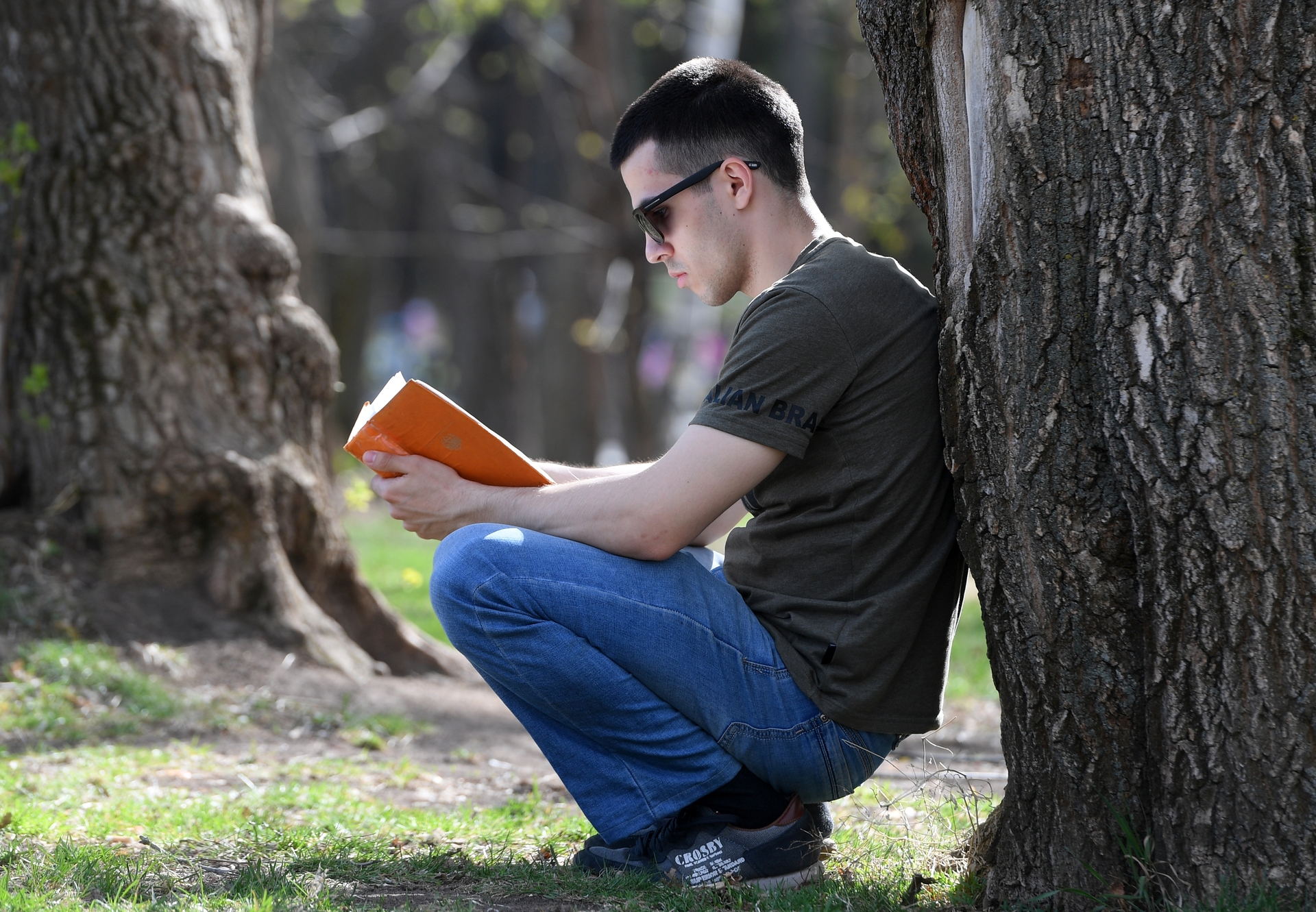During the coronavirus pandemic, participants in the Russian e-commerce market recorded a sharp increase in demand for books.
For example, from April 2020 to March 2021, sales of literature in the Wildberries online store grew by almost 2.8 times (176%).
RT was told about this in the press service of the company.
It is noteworthy that the peak of purchases occurred in December - in the last month of 2020, Russians purchased 66% more books online than the average for the year.
“Many buyers still share the opinion that“ a book is the best gift ”and buy them as gifts for acquaintances, friends and relatives.
Most often, readers buy paper publications on psychology and self-development, children's educational literature and works of art, ”added the online store.
The notable increase in online book sales over the past year is partly due to the temporary introduction of quarantine restrictions in Russia.
In addition, a certain role was played by the transition of many Russians to remote employment.
Denis Buivolov, an analyst at BCS World of Investments, expressed this point of view in a conversation with RT.
“People had more free time, which they usually spent on the road to work and back.
This prompted citizens, in principle, to read more.
In addition, the growth in sales of paper editions can be explained by the fact that Russians began to read more often at home, and not on the way to the office, when it is not so convenient to carry and study a real book, ”the expert emphasized.
Also, one of the reasons for the high demand for literature on the Internet was the general growth of the Russian online trading market, said Anton Greenstein, an expert at the Hamilton information and analytical center.
“The traditional pre-pandemic consumption model, in which 70% of purchases were made in real stores, and 30% were sales through Internet sites, has changed to the opposite.
Thus, on average, almost two-thirds of the goods people bought in online stores, "- said the interlocutor of RT.
In addition to buying paper editions in online stores, Russians also began to purchase electronic and audio books more often.
According to Sergey Anuryev, General Director of the Litres Group of Companies, the digital literature segment has become a “safety cushion” for publishers and authors during the pandemic, and the level of sales in 2020 increased by 31%.
“Even after most of the quarantine restrictions have been lifted, demand continues to grow steadily.
During the January holidays, sales of electronic and audiobooks increased by 41% compared to the pre-New Year period (December 22-31, 2020).
During the May holidays, we recorded a high interest in audiobooks: their sales increased by 39% compared to the same period in 2020, "Anuryev said in a conversation with RT.
According to him, Russians are gradually getting used to digital reading formats.
According to "Liters" estimates, sales of electronic publications accounted for 69% of the total amount of literature sold on the service during the year.
At the same time, revenue from sales of audiobooks during the pandemic increased by 47%.
“When it comes to the growth of the digital literature market, it's worth noting that paper books remain a relatively expensive source of entertainment.
The average cost varies from 500 to 1,000 rubles apiece, and it takes seven to ten hours to read a 400-page book.
As a result, it turns out that an hour of reading costs about 88 rubles.
In comparison with going to cinemas, this is, of course, a cheaper option for spending leisure time, but much more expensive than watching TV and online cinemas, ”said Denis Buivolov.
RIA News
© Maxim Bogodvid
According to Liters experts, in the first four months of 2021, the total revenue from the sale of digital books increased by almost 30% compared to the same period in 2020.
At the same time, analysts believe that by the end of this year, the digital book market will grow by more than 25%.
As Natalya Milchakova, deputy head of the Alpari information and analytical center, suggested in an interview with RT, by 2030 the share of electronic and audio publications in the Russian book market could more than double - from the current 10% to 20-25%.
Against this background, trade in literature on the Internet will continue to grow steadily, the expert said.
“The rapid development of the e-commerce market, including the book segment, will objectively reduce the popularity of traditional stores.
At the same time, it is too early to say that there will be no real bookstores at all.
Large networks have survived the pandemic quite successfully.
This is probably due to the fact that they are designed for the target audience that appreciates books in the traditional paper format more, ”Milchakova concluded.

